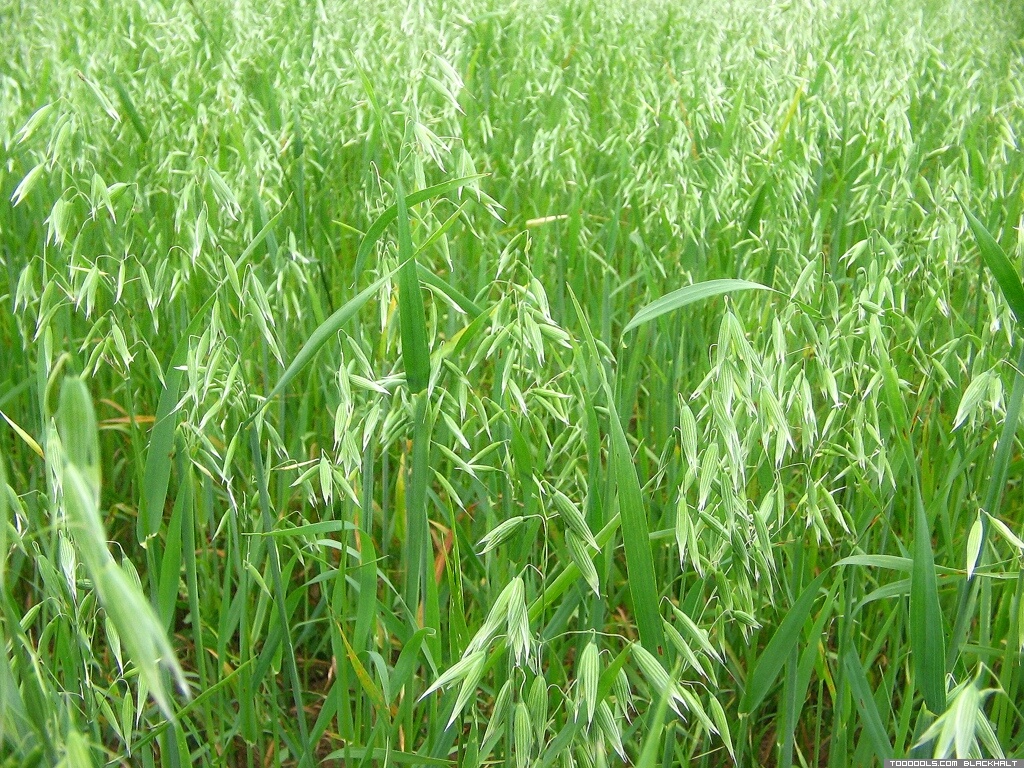It can be confusing, can't it lol. For example, I just learned this year that corn is a grain, not a vegetable

. I swear I have seen corn listed as a vegetable on an older copy of Canada's Food Guide!
I basically classify my foods into four groups:
starches: starchy veggies, fruits, wheat pasta, grains etc,
proteins: meats, beans (even though they are starch too)
fats: olive oil, cheese, nuts, occasional treats
unlimited: non starchy veggies, low calorie foods
I try to never include more than one starch or fat in a meal. I don't mind including two proteins like beans and chicken. Non starchy veggies and very low calorie foods are unlimited and basically "all you can eat" (reasonably) until satisfied. I find it easier to classify all carbs as starch instead of grain,beans etc. A one healthy starch per meal rule works for me.



 You are one of the ones I hoped to see respond to my question. I am always enriched by your thoughts and example. Your tenacity inspires me and has caused me not only to look more carefully into this topic but to also think about it in regards to my son who has Crohn's. So you have helped 2 people so far in my family
You are one of the ones I hoped to see respond to my question. I am always enriched by your thoughts and example. Your tenacity inspires me and has caused me not only to look more carefully into this topic but to also think about it in regards to my son who has Crohn's. So you have helped 2 people so far in my family



